032420_YKMV_A9.pdf








March 24, 2020 • Page 9
shop online at www.missourivalleyshopper.com
Salute to
Agriculture
Amendments Can Help
Produce Healthy Soil
Mother Nature provides
plenty to grow healthy
lawns, gardens and
landscapes. But as many
homeowners know, some
lawns sometimes need a
little extra boost to complement nature. Soil sometimes must be amended
so plants can thrive. Only
after the right composition is created can plants
take root and perform to
the best of their abilities.
The Colorado State University Extension defines
a soil amendment as any
material added to soil to
improve its physical properties. The goal is to provide a better environment
for roots. Depending on
what you are starting with,
any number of ingredients
must be added to the soil
recipe. Water retention,
permeability, drainage,
aeration, nutrients, and
water infiltration are some
of the things amendments
can improve when added
to soil.
Before homeowners
add anything to the soil
in their yards, it is first
important to determine
what that soil needs.
Homeowners may notice if
soil is overly sandy or full
of clay, but further testing
can confirm what the soil
is lacking. Soil tests are
often available through
local cooperative extension offices or private
laboratories. Speak with a
nursery or garden center
about where you can get
your soil tested. A comprehensive test may cost
between $5 and $10 and
can provide invaluable
information that saves
you hundreds of dollars
in wasted plants and
materials, not to mention
effort. Some labs also can
tailor their recommendations based on the type of
planting you will be doing.
For example, a vegetable
garden may need different
amendments than a row of
azalea bushes.
Organic matter is a
preferred soil amendment
used by professional and
novice gardeners alike.
The decaying remains of
plants release nutrients
that are absorbed into the
soil and used by microorganisms and bacteria,
creating a healthy environment for plants. Organic
material may break up
compacted soil to increase
drainage. In sandy soil, organic material serves as a
sponge to keep water from
washing away. Compost
and manure are two examples of frequently used
organic materials. Both of
these materials are readily
available at little cost.
Compost can be produced at home from food
and plant scraps. Raked
leaves and small amounts
of grass clippings can be
added to compost. Over
time, the decomposition
process will turn scraps
into a nutrient-rich, dark
brown substance that provides many plants with all
they need to thrive. Compost is particularly useful
in vegetable gardens.
Manure should come
from herbivores, or those
animals that sustain themselves on grass and other
plants. Carnivores can
produce harmful bacteria
in their waste, which is
not safe to use in gardens,
particularly food-bearing
gardens. Manure can be
commercially purchased,
or avid gardeners can
work out arrangements
with nearby livestock
owners and farms. These
people may be more than
willing to give you manure
for little to no cost if you
cart it away. Dried manure
is preferred because it will
have minimal odor.
Additional forms of organic amendments include
wood ash, sphagnum peat,
wood chips, sawdust, and
worm droppings.
Inorganic amendments
also may be used, and
are usually relied on to
improve water retention
and drainage. Vermiculite,
perlite, pea gravel, and
sand are examples of inorganic amendments. A combination of organic and
inorganic amendments
can create the perfect mix
for your needs.
Soil amendments
typically are added to new
and unplanted beds. Peat
moss and shredded bark
take years to decompose
and will serve as long-term
amendments in the soil.
Compost breaks down
quickly and may need
to be worked in more
frequently.
Experts recommend
spreading amendments
on the planting bed and
then using a rake or tiller
to work it in to a depth of
about nine inches. Particularly sandy soil or soil
with a lot of clay may need
more amendments.
Permanent plants, such
as trees or shrubs, also
can benefit from the extra
nutrient boost amendments provide. Sometimes
it is sufficient to spread
the material over the soil
surface and let rainwater
and wildlife help distribute it to the plant roots.
Otherwise, work it into the
top inch or two of the dirt
with a hand cultivator.
Soil amendments can
be the difference between
a thriving garden and
healthy landscape and one
that has seen better days.
COMMUNITY
BANK
We Salute
Our Farmers!
Avon, SD • 286-3213
Happy
National
Ag Day!
“Don’t Gamble”...Insure With
M.T. Serving the Yankton AreaInsurance
& R.C. Smith Since 1949
...With Excellent Insurance Companies That We Represent!
Roger Smith, Michael Butterfield, Chad Gordon,
Kim Marsh, Agnes Grovijahn, Darcel Stevens, Mary Loecker,
Ryan Elwood, Todd Chance
• Nationwide
• Auto-Owners
• Employers Mutual
• Hartford Steam Boiler
• Progressive
• Safeco
Member FDIC
• Continental Western
• United Fire & Casualty
• North Star Mutual
• Liberty Mutual
• Progressive
• CNA
Proud to support our farm families
across the area.
Home | Auto | Business | Life | Bonds | Health
204 W. 4th St., Yankton • smithins@iw.net
605.665.3611
chsbrandon.com | Follow us on Facebook & Twitter
H
The Crop Insurance Specialists...
Where every day is a hay day!
Hubbs
Specializing In Alfalfa & Mixed Grass Hays
Gayville, SD • 605-267-4426
America’s Farmers,
ranchers and growers are
some of our nation’s
greatest assets. Not only
do we rely on agriculture
for our food, feed, fiber,
and fuel, our agriculture
producers preserve our
environment, and help drive
our national economy.
Agency
Yankton, SD
Ph. (605) 661-2085
or (605) 260-5126
This institution is an
equal opportunity provider and employer
Agriculture... Planting the Seeds of Success
JOIN US IN SAYING,
“Thank You.”



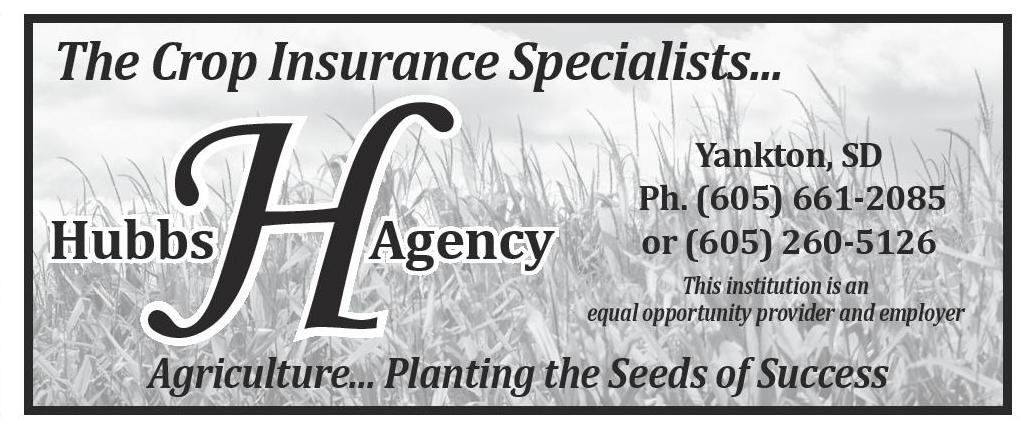


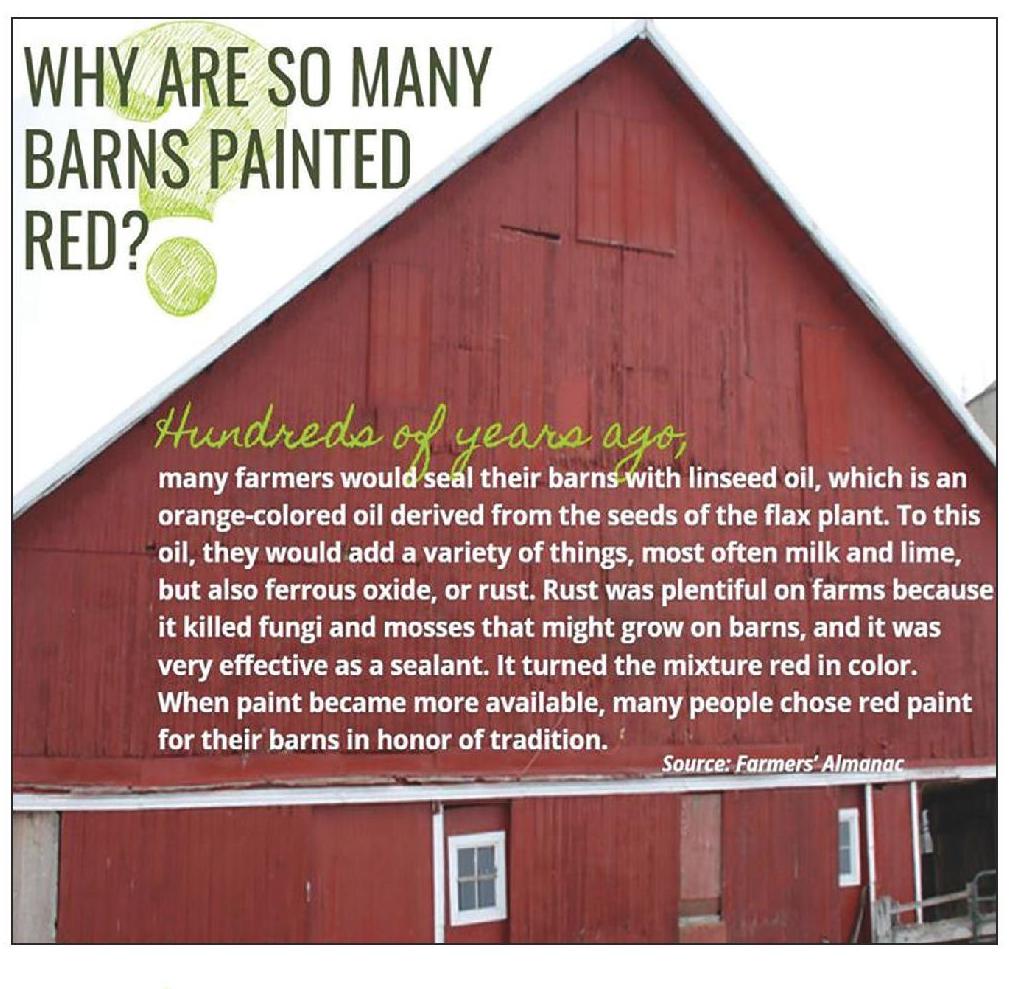
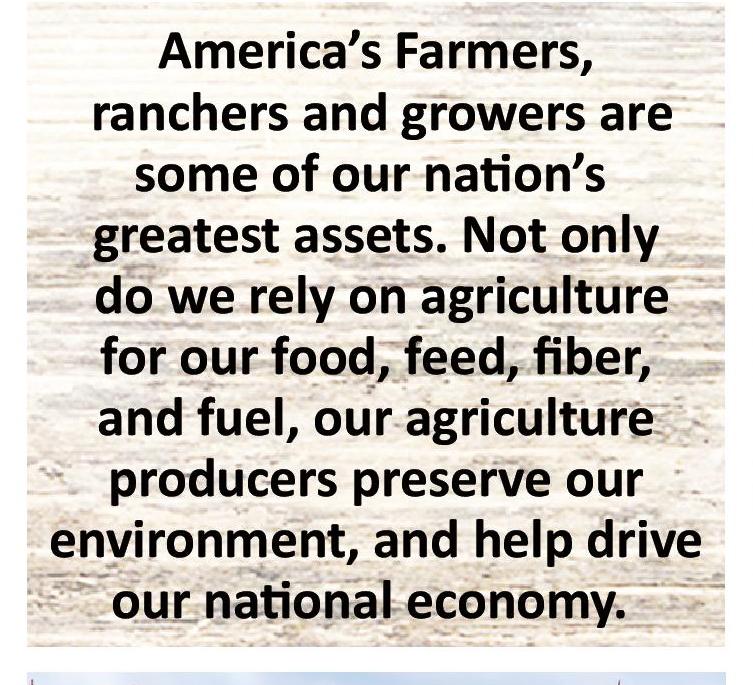





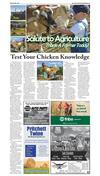
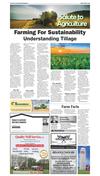
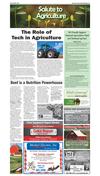

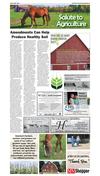


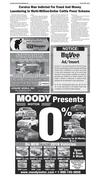
 Previous Page
Previous Page





